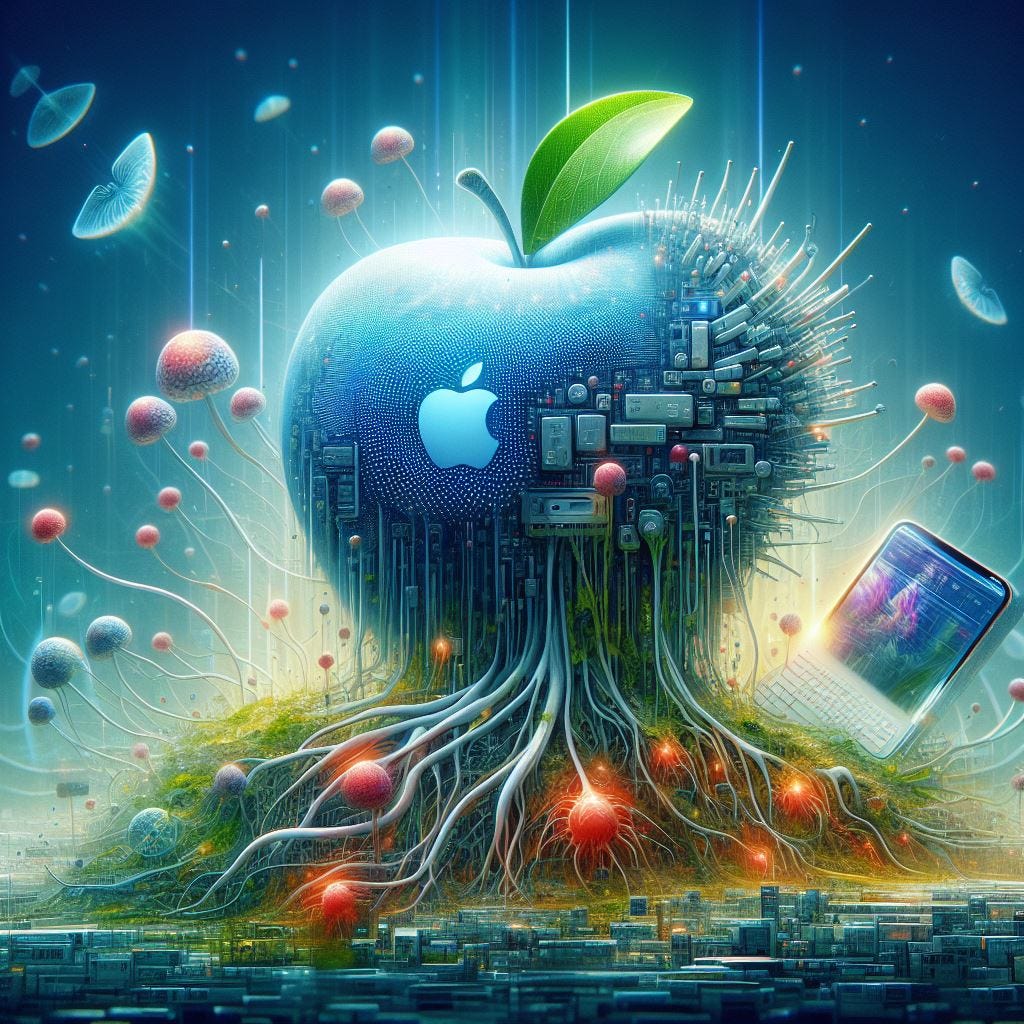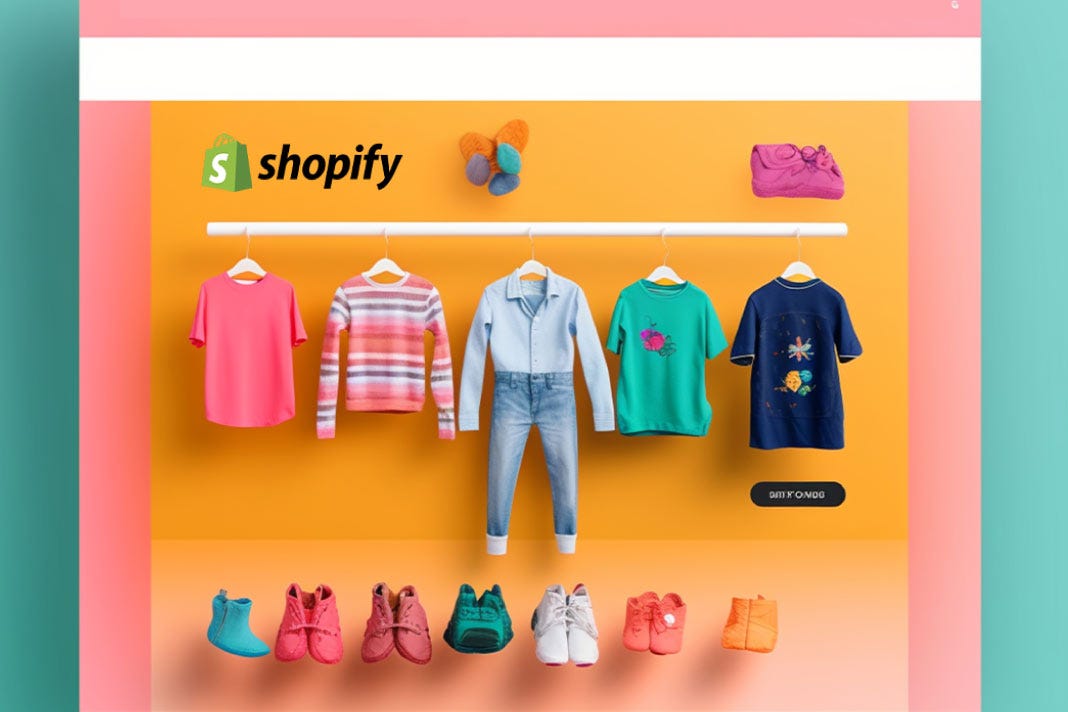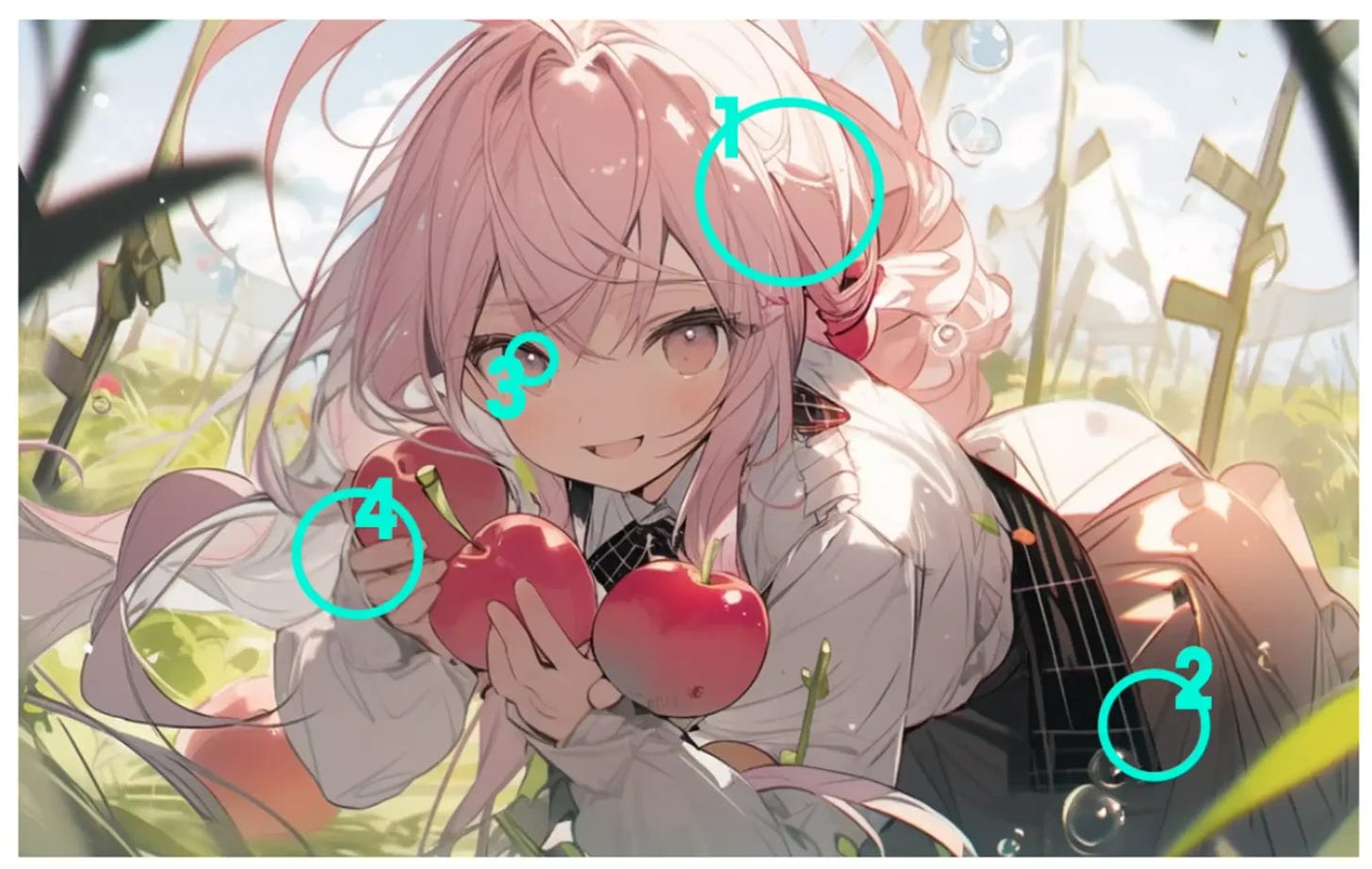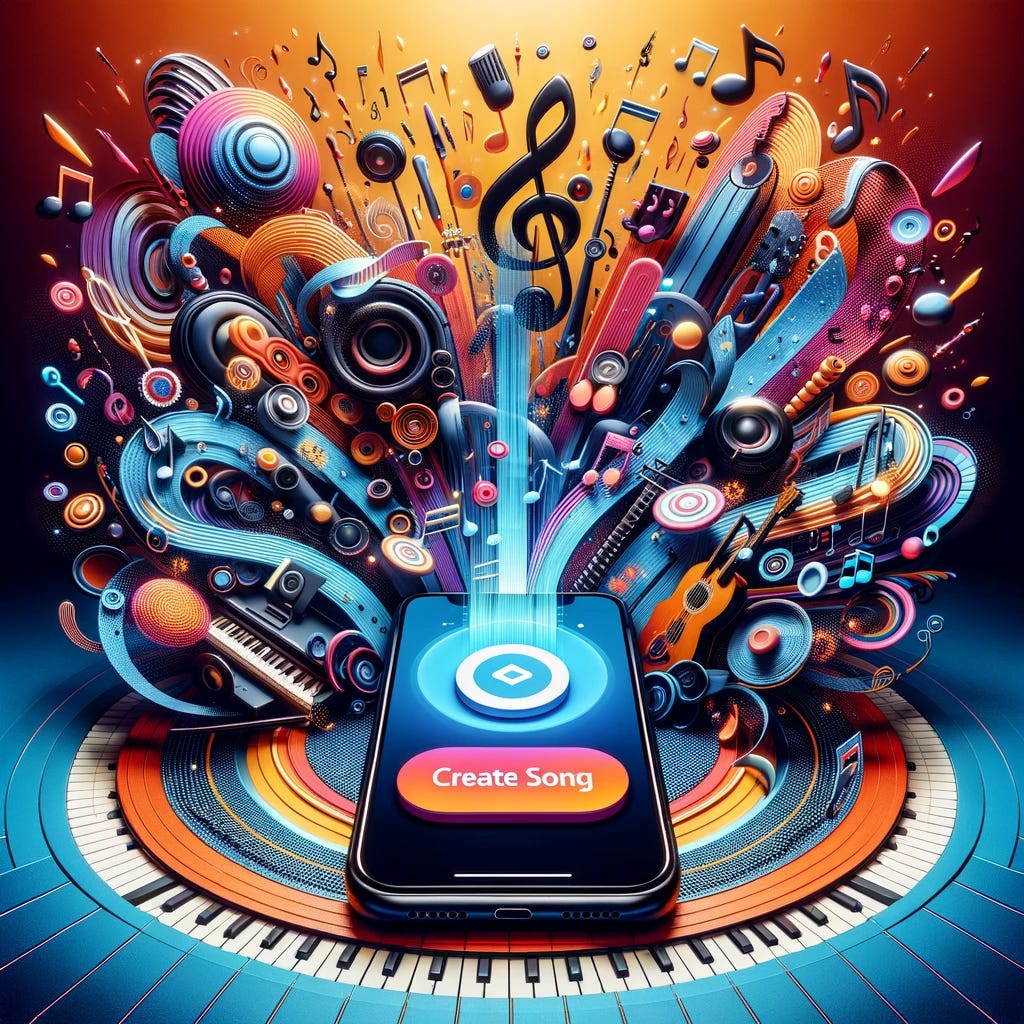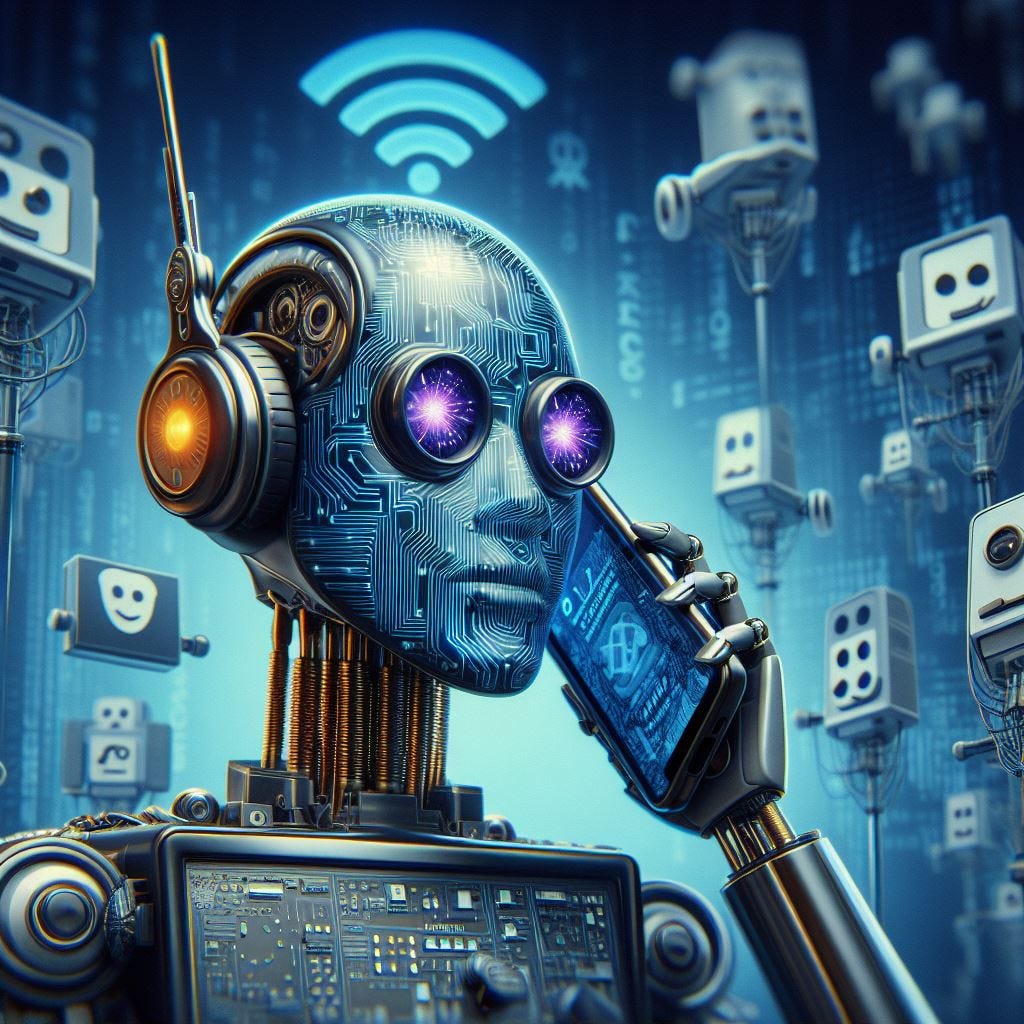The Latest in AI: New Image Generators, Open Source Models, and More
The Explosive Growth of AI: Bard's New Images, Leaked Models Surpassing GPT-4, Apple's Mysterious Plans, and More
There have been many exciting AI developments in recent weeks. From new image generation capabilities to leaked open source models rivaling GPT-4, the AI landscape continues to rapidly evolve. In this month's edition, we cover the latest happenings across generative AI and beyond.
Google Bard Adds Image Generation
Google's conversational AI Bard can now generate images directly within the chat interface for most countries, catching up to chatGPT's image capabilities. Simply head to b.google.com and enter a prompt. Bard often denies seemingly reasonable prompts though, likely overly restricting inappropriate or inaccurate outputs. But it had no issue depicting trademarked figures like Sonic the Hedgehog.
Google's Test Kitchen also offers "image effects" for more image generation control. Additional options include tweaking parameters like style and medium or using a seed number. But the interface provides little practical advantage over Bard. Overall quality remains slightly below Midjourney v6 and lacks DALL-E 3's prompt adherence. Still, Test Kitchen is freely available now for experimentation.
Shopify Integrates AI-Powered Image Editing
Shopify merchants can now harness AI to automatically enhance product images. New image editor features simplify editing backgrounds or adjusting brightness, contrast and other attributes for a polished, consistent appearance. The AI can even generate and recommend new backgrounds that better match a brand's style. This provides easy professional image optimization without any graphic design expertise.
HubSpot Launches Free AI Campaign Assistant
Hubspot's new free Campaign Assistant generates optimized marketing copy tailored to different formats. Simply describe your business and ideal audience. The AI then instantly crafts multi-channel campaign assets like Google/Facebook ads, landing pages and email sequences. It cuts the effort of ideating and drafting compelling advertising messages in half. And remember, the tool is completely free to bolster your next campaign.
Anime-Style Midjourney Model Unveiled
Midjourney released its latest AI art generation model focusing on anime-esque aesthetics. The "niji v6" model outputs colorful cartoon illustrations given text prompts. Midjourney subscribers can easily switch models within the web interface settings. Or append "--niji v6" to any prompt to constrain just that image. While style quality remains behind Big Sleep anime generations, outputs interestingly combine anime with other aesthetic styles.
Potentially Game-Changing Leaked Mist Model
An anonymous user leaked what appears to be Mist's 70B parameter "Mist Medium" model on Hugging Face. Despite only reaching 83.5 on Anthropic's model evaluator, it surpasses all other public language models including GPT-3. Mist CEO Arthur McCallum has since confirmed the leak from an overeager early access customer. With Mist recently unveiling their own 7B model, they likely have even more capable models in development we could see in the future.
Microsoft Proposes New Vector Drawing AI
Microsoft researchers conceived a novel vector image generation method called strokeNUWA. Instead of diffusion models, it maintains a database of reusable vector graphic components. A language model then composes these elements to match text descriptions. The approach resembles current text generation rather than image synthesis. The framework hints at more control over drawing stylistic factors like thickness and geometry. As an early concept, strokeNUWA is not yet publicly testable but shows promise.
Meta Open-Sources Code Llama Model for AI Coding
Meta open sourced Code Llama 70B, an AI model specialized for computer program generation. Fine-tuned from the OPT-175B model, it achieves competitive benchmarks, nearing GPT-4's initial programming aptitude. Developers can leverage Code Llama to boost their own systems via transfer learning rather than training costly models from scratch. And businesses can build customizable commercial applications without restrictions. This demonstrates Meta's commitment to progressing open source AI despite their recent chatbot focus.
Wild Speculation on Apple’s Mysterious AI Plans
Apple has quietly snapped up more AI startups than any tech giant since 2017. Yet they rarely highlight AI during keynotes. Tim Cook recently confirmed 2024 will see long-awaited "generative AI" features integrated into Apple software. Siri upgrades seem likely, potentially with a showcase at June’s WorldWide Developer Conference. But Cook declined specifics, maintaining the secrecy as anticipation grows. While Apple plays coy, their immense AI investments signal ambitious developments ahead.
We’ll have to wait and see exactly how impactful Apple’s infamous walled-garden approach to AI ultimately proves. But with ever-mounting hype, anything short of an impressive splash into generative AI risks disappointing loyal fans.
Arc Browser Consolidates Search Results
Arc is an AI mobile browser app that condenses browsing to single pages. Enter any search query and Arc compiles relevant information, images and links into one scrollable result. This cuts out hassle of combing through multiple sites. The slick format feels like the future of mobile search. But some content creators argue it discourages actually visiting sources, hindering advertising impressions and list building. While beneficial for users, it poses interesting questions around monetization and publishing business models going forward.
FCC Looks To Ban AI Voice Cloning in Robocalls
The FCC seeks comment on prohibiting voice cloning to impersonate individuals for robocalling purposes. The act mostly targets ongoing scams using AI to imitate celebrities and authority figures to sound convincing. While admirable in intent, those already committing fraud likely won’t hesitate circumventing additional regulation. And with cloning tech now readily available to anyone, ineffective policies risk creating a false sense of security while leaving average consumers just as vulnerable.
AI Robot Speed Reads Braille at Over 300 WPM
Researchers at Cambridge developed a robotic Braille reading sensor to benchmark next-gen Braille translation. Using machine learning, it achieved over 315 words per minute at nearly 90% accuracy. That's twice the pace of average humans. They stress it was not created to replace existing assistive technology, but instead measure future progress. The finger-like reader may eventually be incorporated into humanoid robot hands and accessible reading devices if cost effective. But real-world usefulness remains distant.
Can AI Induce Lucid Dreams?
“Morpheus One” claims the ability to induce lucid dreams via a headband transmitting ultrasound waves into sleepers’ brains. Lucid dreaming refers to becoming aware within dreams and controlling their contents. Morpheus One allegedly synchronizes stimuli patterns to brain activity to trigger this dissociated state between sleeping and wakefulness. The startup aims to launch beta testing by mid-2024. Such direct manipulation of consciousness via technology inspires both excitement and unease. We’ll have to wait for evidence supporting this unconventional application of AI and human augmentation.
First Patient Implanted With Neuralink Brain Chip
Elon Musk’s controversial Neuralink reached a major milestone, successfully implanting their coin-sized brain-computer interface device into a human test subject. The initial goal aims restoring communication and mobility to those paralyzed. Electrodes inserted into the cerebral cortex would record and transmit neural signals to computers and machines. Companies plan later stages that directly interface AI analytics and even knowledge transfers with unwary consumers. But immense ethical and safety questions surround long-term consequences we can only speculate for now. Regulatory action rushes to catch pace with uncontrolled testing.
Community Highlight: Members’ AI Video Contest
We wrapped up January 2024 with an AI video contest prompting amazing member submissions. Entrants flexed their generative video chops with prompts like “A 1950’s sci-fi movie with epic visuals”. Impressive selections exhibit rapid progress rendering intricately detailed scenes and elements once unimaginable. Choosing a single winner will prove challenging! We’ll narrow down top choices then open final voting to the full Future Tools community. Remember to join our Discord to participate and see winners announced soon. Thanks to all for the creativity. Feel free to share your own videos any time for feedback and inspiration!




